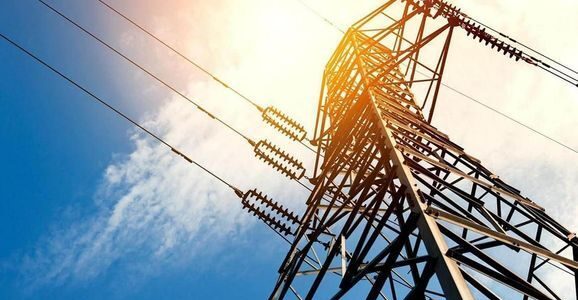
The National Bank of Ukraine (NBU), taking into account Russia’s recent terrorist attacks on energy infrastructure, has included in its macroeconomic forecast an average electricity deficit of about 5% in 2024-2025, while estimating electricity imports at $0.8 billion in 2024 and $0.6 billion in 2025.
“If there are no new significant destructions, the NBU estimates that the electricity deficit, even taking into account imports and partial restoration/installation of new generating capacities, will be 5-7% on average in the second to fourth quarters of 2024,” the NBU said in its April inflation report, which was recently released.
This means restrictions on consumption for both households and industry. Due to uneven consumption throughout the day during peak hours, the deficit may reach 25-30% and be higher in energy-deficient regions, the National Bank explained.
“The deficit will persist in 2025 (an average of 7% in the first quarter and 3% by the end of the year),” its experts believe.
According to the report, a significant electricity deficit is likely to occur in the second quarter of 2024 due to a decrease in floods and the need to repair nuclear power units. In the future, the electricity deficit may increase with increased consumption in the summer and during the heating season.
The NBU reminded that the integration of Ukraine’s power system with the European one allows for the import of 1.7 GW of capacity (as authorized by ENTSO-E), which is used to compensate for temporary shortages of generating capacity during peak consumption hours and to balance the power system. However, due to significant fluctuations in consumption, in particular in neighboring countries, the import capacity is likely to be less than the maximum volume. In addition, import coverage is limited due to imbalances in the grid, including low transmission capacity in some regions due to significant damage.
It is pointed out that the risk of increased Russian attacks on energy infrastructure remains high for both production and distribution capacities. In the event of further damage, GDP growth will be lower than in the baseline scenario (3% in 2024 and 5.3% in 2025), and price increases will be higher due to higher costs resulting from the use of more expensive energy sources.
“However, the level of readiness of businesses and households for potential electricity outages is higher than in 2022-2023, which will limit the negative impact of the electricity shortage on the economy,” the NBU said.